Health Canada stepped up to the plate back in December with a Notice of Intent to amend the Food and Drug Regulations and the Narcotic Control Regulations to restore potential access to restricted drugs through the Special Access Program.

This announcement initiated a 60-day comment period where authorities heard from 392 unique respondents from private individuals, health care professionals and organizations, researchers, and academics as well as licensed dealers.
The issue at hand was the 2013 amendments made to the Narcotics Control Regulations and Parts C and J of the Food and Drug Regulations prevented restricted drugs such as diacetylmorphine (i.e. heroin) and unauthorized products containing cocaine, from being authorized through the Special Access Program.
Health Canada’s Special Access Program allows the Minister of Health to issue a letter of authorization to allow the sale of an unapproved drug from a manufacturer to a practitioner for the emergency treatment of a patient under certain conditions.
Therefore, practitioners can request access to drugs not available in Canada for treating those with serious or life-threatening conditions when conventional therapies have failed or are unsuitable. However, these requests are normally only considered when positive results have already been generated from Phase II or Phase III clinical trials.
Over 80% if all respondents to Health Canada’s request for comments, associated the regulatory body’s proposal with increasing access to psychedelic restricted drugs including MDMA, psilocybin, LSD and DMT. They all indicated interest in expanding psychedelic treatment options for patients suffering from mental health disorders and other associated conditions.
Despite this wide misinterpretation of Health Canada’s amendment proposal, the regulatory amendments will not create large-scale access to restricted drugs, nor do they indicate an intent toward the decriminalization or legalization of restricted drugs. The Canada Gazette was quick to affirm:
“The Special Access Program is for emergency treatment only. Furthermore, reversing the prohibition on accessing restricted drugs does not guarantee that requests for psychedelic restricted drugs, or any other restricted drug, will be authorized through the Special Access Program. All requests will continue to be assessed on a case-by-case basis, taking into consideration the level of evidence regarding the safety and efficacy for the proposed use, as well as the patient’s condition and their clinical status.”
Even though the proposed amendments would consolidate the regulation of cocaine and simplify the administration of the control regime concerning cocaine, they will NOT alter the existing Special Access Program.

The new amendments will not come into force until the date of publication of said amendments in the Canada Gazette, Part II. After publication, Health Canada will undertake activities to support the implementation of the amended regulations.
So, the psychedelics companies who came out congratulating Health Canada on the amendment proposal were jumping the gun, but one thing to take home from this is Health Canada continues to actively craft its regulatory stance on the study and control of new drug treatment options. There is light at the end of the tunnel; when it arrives is still in the air.
Who remains strong in this restricted environment? Well, companies still hoping to sell their psychedelic wares for recreational use outside of friendly jurisdictions such as the Netherlands aren’t a good investment bet. For the time being, investors looking for growth potential and real value should remain focused on small-mid cap ventures providing clinical drug solutions for medical therapeutic treatments.
We are in the reality trough now for psychedelics and its sex appeal is rightfully fading. Pharmaceuticals is a hard market, full of development costs, high entry barriers and regulatory hurdles. Promises just don’t cut it anymore, the marketplace is finite and so is the opportunity.
I have been reading some interesting articles on the unquantifiable benefits of tripping when it comes to psychedelics-assisted psychotherapy. I cannot, out of hand, dismiss the effect of reality-shifting experiences in re-wiring our cognitive wet-ware.
Perhaps the spiritual journey assists in breaking destructive behavioural paradigms by alleviating the individual from their ego and allowing the id to come through facilitating the process of self-awareness and constructive rebuilding.
And who am I to cast stones at natural extractors who tout the potential benefits of entourage effects? Perhaps it is the balance of chemical effectors contributing to the overall therapeutic quality of psychedelics such as psilocybin.
All of this points to the fact that despite the waning market appeal, investors still have options when it comes to psychedelics as the science continues to grow, and the landscape has not been set in stone.
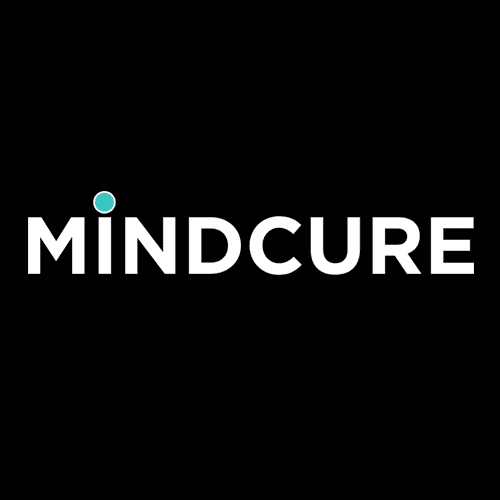 Mind Cure (MCUR.C) remains a unique choice with their iSTRYM digital therapy platform which the company intends to commercially distribute this year. Backing up their technology, the company also is developing a synthetic clinical grade ibogaine drug candidate and is advancing research in the treatment of female hypoactive sexuality disorder.
Mind Cure (MCUR.C) remains a unique choice with their iSTRYM digital therapy platform which the company intends to commercially distribute this year. Backing up their technology, the company also is developing a synthetic clinical grade ibogaine drug candidate and is advancing research in the treatment of female hypoactive sexuality disorder.
Company CEO & president, Kelsey Ramsden recently presented at the H.C. Wainwright Bioconnect Conference which took place January 10-13, 2022.
Currently Mind Cure trades at $0.22 CAD per share for a market cap of $19.66 million.
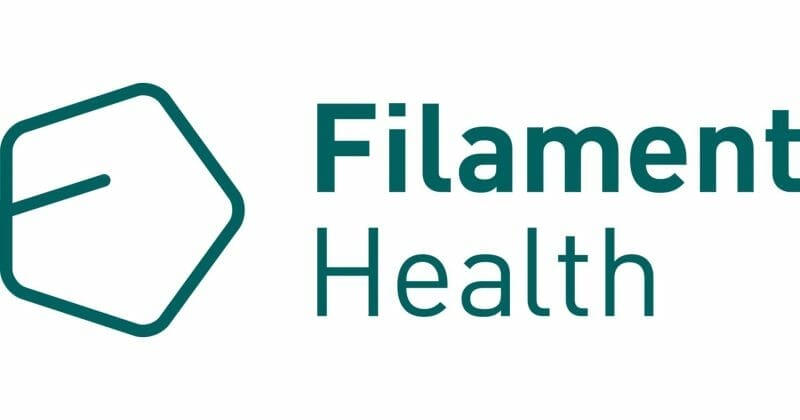 Filament Health (FH.NEO) pushes the science of natural psilocybin extraction forward with its wholly owned subsidiary Psilo Scientific operating one of the first GMP facilities in the world to have a Health Canada Dealer’s License.
Filament Health (FH.NEO) pushes the science of natural psilocybin extraction forward with its wholly owned subsidiary Psilo Scientific operating one of the first GMP facilities in the world to have a Health Canada Dealer’s License.
Through its subsidiary, the company has three patents covering 15 extraction methods and 19 natural compounds. It also has a patent covering two purification methods and 19 natural compounds. Filament is also pushing the envelope for psychedelic drug delivery by using a proprietary process to increase bioavailability.
Filament has three psilocybin drug candidates in clinical trials with one of those candidates, PEX010, heading into Phase II trials.
The company currently trades at $0.22 per share for a market cap of $36.25 million.
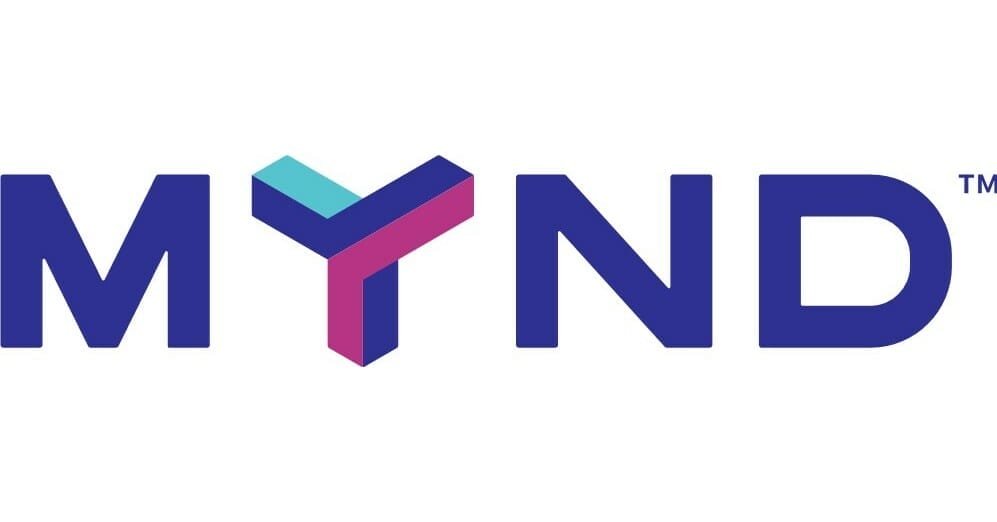 MYND Life Sciences (MYND.C) has focused on the neuroinflammatory characteristics of mental health disorders such as depression and Alzheimers. I know what I said earlier about the possible trippy benefits, I am still not sold on that aspect of psychedelics as being the panacea.
MYND Life Sciences (MYND.C) has focused on the neuroinflammatory characteristics of mental health disorders such as depression and Alzheimers. I know what I said earlier about the possible trippy benefits, I am still not sold on that aspect of psychedelics as being the panacea.
One thing that has plagued psychedelics research is the unintentional exclusion of individuals who are prone to psychotic episodes when travelling the light fantastic. Also, not everyone wants to get high for relief. Neuroinflammation is an exciting approach when it comes to treating neurological conditions. With that in mind, Dr. Lyle Oberg and the science at MYND Life are quite impressive.
The company holds 38 licenses for research into 38 different analogues of psilocybin and how they modulate the Human Mycogene. The research takes place at the world-renowned Michael Smith Laboratories under the guidance of MYND CSO Dr. Wilfred Jefferies, a leading figure in the burgeoning field of immunotherapy.
MYND research is conducted under the part J exemption granted by Health Canada and intends to identify novel phytochemicals with higher therapeutic potential and fewer adverse effects, create a biomarker panel for condition management as well as develop future partnerships with large pharmaceutical companies.
The company recently updated investors on its Patent Cooperation Treaty application on its method of immune modulation by modulating a specific gene. Receiving this protection will allow the company to move forward in filing IND applications for approval.
MYND currently trades at $0.20 per share for a market cap of $9.19 million.
I continue to talk about these companies because I like their management, their mandate, their science, and their investor-positive frugality. These are interesting opportunities for both growth and value, but I am just one guy with an opinion, do your due diligence and contact an investment professional before making any portfolio decisions. If you disagree with my choices or have opportunities you’d like to see written about, or just feel like leaving some feedback, please let me know in the comments. There you go, pick your winners, and make this a better world. Good luck to all!
–Gaalen Engen
Full disclosure: Filament Health is a Equity.Guru marketing client

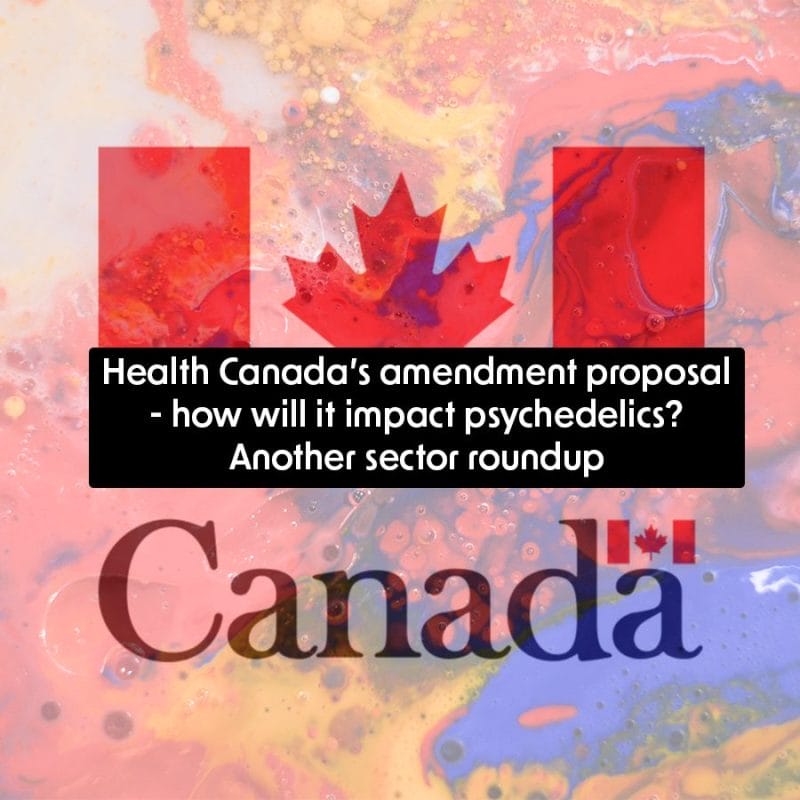


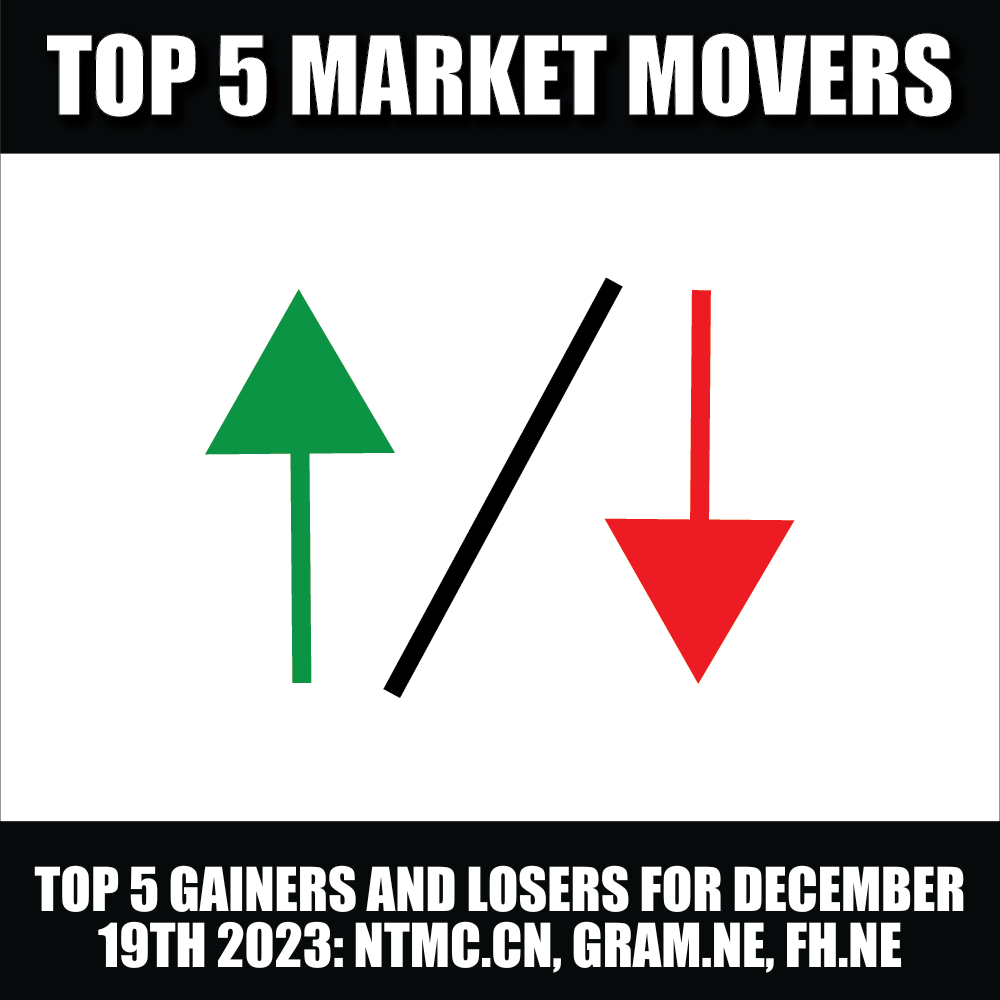
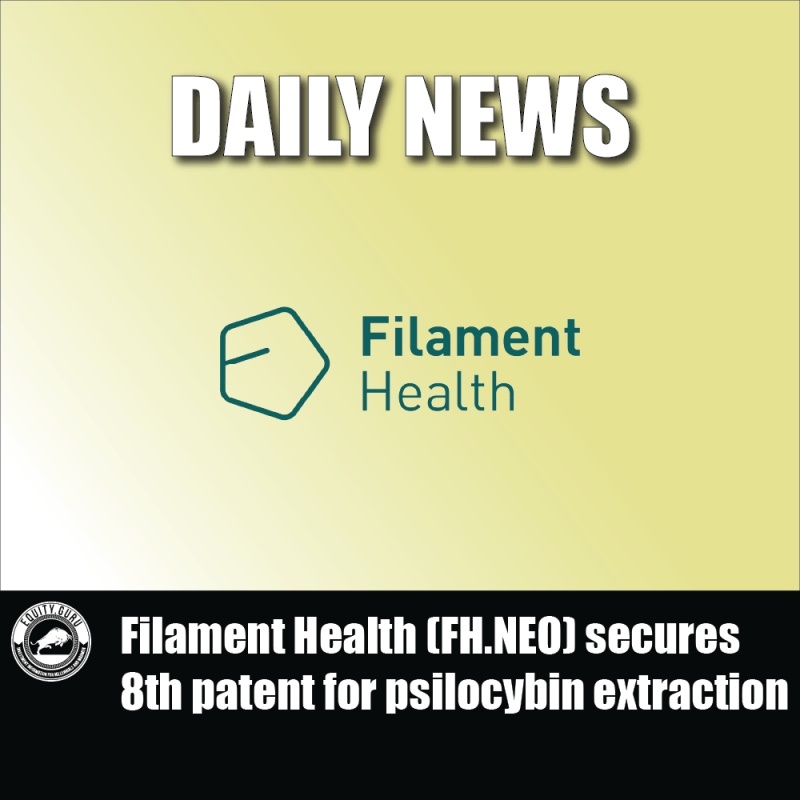
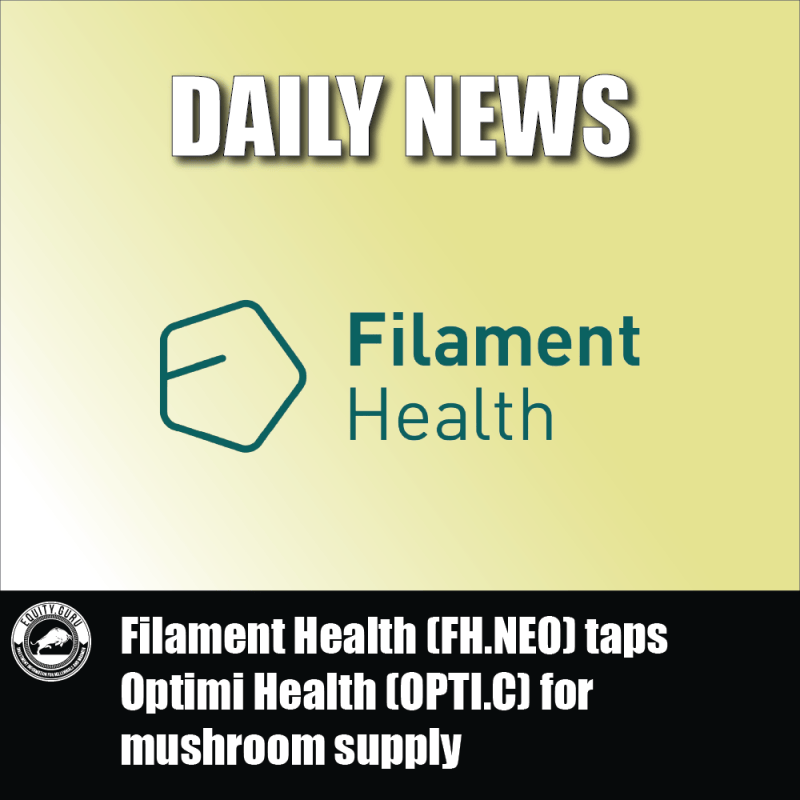
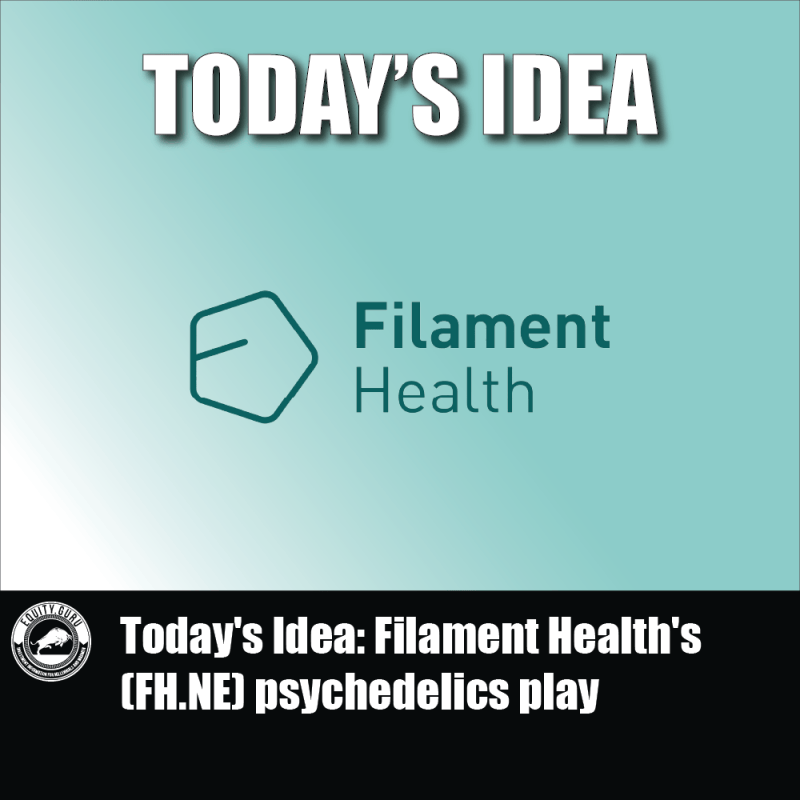
its a fine article and please dont take this wrong way but your thesis – “companies still hoping to sell their psychedelic wares for recreational use outside of friendly jurisdictions such as the Netherlands aren’t a good investment bet” – is a bit of a bold and a very presumptuous guess at this point. Clinical trial companies (Compass leads the pack) are still many years away from an approved drug and have a very long road ahead (We are looking at a marketable drug maybe 2025-2026 at least after spending 100 of thousands of dollars). But on the other hand, the movement towards legalization similar to cannabis is moving more rapidly. California and Colorado will likely have psilocybin licensing/ cultivation on the ballot 2022. Washington State also has a bill submitted with psilocybin which bears resemblance to Oregon’s bill but allows usage for “creativity”. Sounds recreational to me. Most of this state level legislation in the USA isn’t even requiring a prescription to use psilocybin/magic mushrooms. Not that it matters much. Most of the so-called psychological disorders indicated for psychedelics are fuzzy categories at best -binge eating, headaches, depression, PTSD, alcohol/cigarette addiction etc. . Hardly, “medical” conditions but conditions almost everyone could have or couldnt depending if they want to feign it. While LSD, MDMA and few others will likely remain medical due to their synthetic nature, the likelihood of magic mushrooms/psilocybin going legal recreationally is actually quite (no pun intended) “high” and being greatly underestimated. Psilocybin is just too safe, too easy to grow and there are stores all over Canada already openly selling it just like cannabis before. To me, “a good investment bet” is a company focusing on actual revenues now, not companies spending millions and diluting on shareholders, betting on approval from FDA/Health Canada which may never happen. Esp when we know classic psychedelics cant be patented and novel ones will take 7-8 years to come to market (Assuming drug dealers were too dumb to figure these next generation molecules out themselves). Nevertheless, I like your choices particularly Filament Health which seems to have a strategy if psilocybin goes the more CPG route and is respecting the entourage effect. Just wouldnt count on “recreational” not happening. Its really hard to imagine a world lasting very long where cannabis and alcohol are perfectly legal and magic mushrooms require a prescription.
Valid points, I shouldn’t dismiss it out of hand and thank you, I’m glad you liked the article. I agree, a clear path to near-term revenue is an important factor for good investment in the psychedelics market. Thanks again for your thoughtful feedback!
That was one of the most nutrient-rich comments we ever received, valid arguments, good insights, thank you.